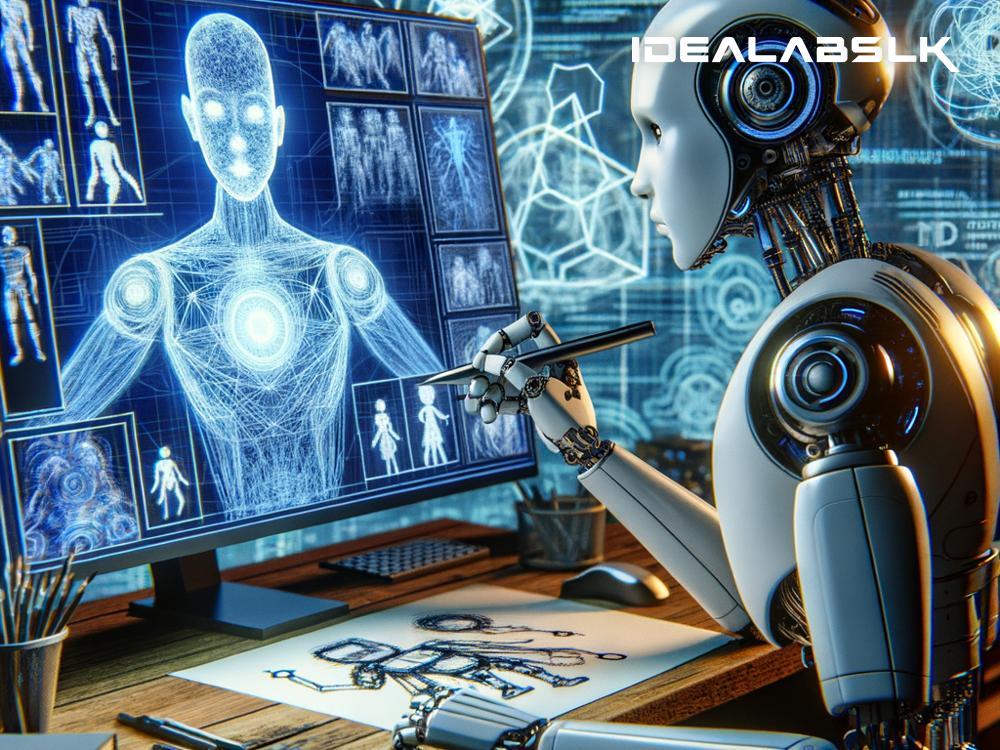The Role of AI in Game Design: Future Trends for 2025
In the ever-changing world of technology, game design is one area that is evolving at lightning speed. With advancements in Artificial Intelligence (AI), the way games are created and played is set to take a leap into the future. As we approach 2025, it’s exciting to think about how AI will continue to shape the world of gaming. Here, we dive into the expected trends and the role of AI in the game design of the future.
Personalized Gaming Experiences
One of the most anticipated roles of AI in game design by 2025 is the creation of highly personalized gaming experiences. Imagine playing a game that adapts to your playing style, preferences, and even emotions in real-time. AI can analyze your previous game activities to customize challenges, storylines, and even in-game music to suit your tastes perfectly. This means no two gaming experiences will be exactly the same, making every playthrough unique and tailored specifically to each gamer.
Smarter NPCs (Non-Player Characters)
Non-Player Characters (NPCs) are characters in games that are not controlled by humans. By 2025, with the help of advanced AI, these NPCs are expected to become smarter and more realistic. They will be able to react and adapt to players' actions dynamically, leading to more immersive and unpredictable gaming experiences. Imagine a game where every NPC has its own personality, memories, and can form relationships with players based on past interactions. This would add a whole new layer of depth to games.
Automated Game Testing and Development
AI is also set to revolutionize the way games are tested and developed. Traditionally, testing games to find and fix bugs has been a time-consuming and manual process. However, AI can automate much of this work, identifying glitches and gameplay issues much faster than a human tester. This could significantly speed up the game development process, allowing developers to focus more on creativity and innovation. By 2025, it’s expected that AI will play a crucial role in game development, making it more efficient and enabling even more complex games to be created.
More Realistic Game Environments
As AI technology advances, so too does the ability to create incredibly realistic and dynamic game environments. AI can be used to design environments that change depending on player actions or external factors, such as weather. By 2025, we might see games where the world feels alive, with ecosystems that function independently of player actions and evolve over time. This level of dynamic realism will further immerse players in the game world.
AI in Game Storytelling
Storytelling in games is another area where AI is set to make a significant impact. With AI, game narratives can become non-linear and highly adaptable. The story can change and evolve based on player decisions, creating a personalized narrative experience. Furthermore, AI can generate dialogues in real-time, making conversations with NPCs feel more natural and less scripted. By 2025, expect game stories that are rich, engaging, and tailored to your decisions and interactions.
Creating Games with AI
Perhaps the most futuristic trend is the idea of AI not just being a tool in game design but becoming a designer itself. AI algorithms are already being experimented with to create simple games. By 2025, we could see more sophisticated AI systems designing complex games, using inputs from human collaborators. This collaboration between human creativity and AI's capabilities could lead to entirely new genres and game experiences.
Conclusion
The future of game design looks incredibly bright and diverse, thanks to the advancements in AI. As we move towards 2025, the gaming industry is set to become more immersive, personalized, and efficient. From creating deeply personalized gaming experiences to having AI collaborate in game design, the possibilities are endless. While these changes bring exciting new opportunities, they also highlight the role of game designers in steering these technologies to create positive and inclusive gaming experiences. The fusion of human creativity and AI technology promises to take us into a new era of gaming that was once only possible in the realms of science fiction. As players, we can only wait with bated breath to see where this journey will take us.

